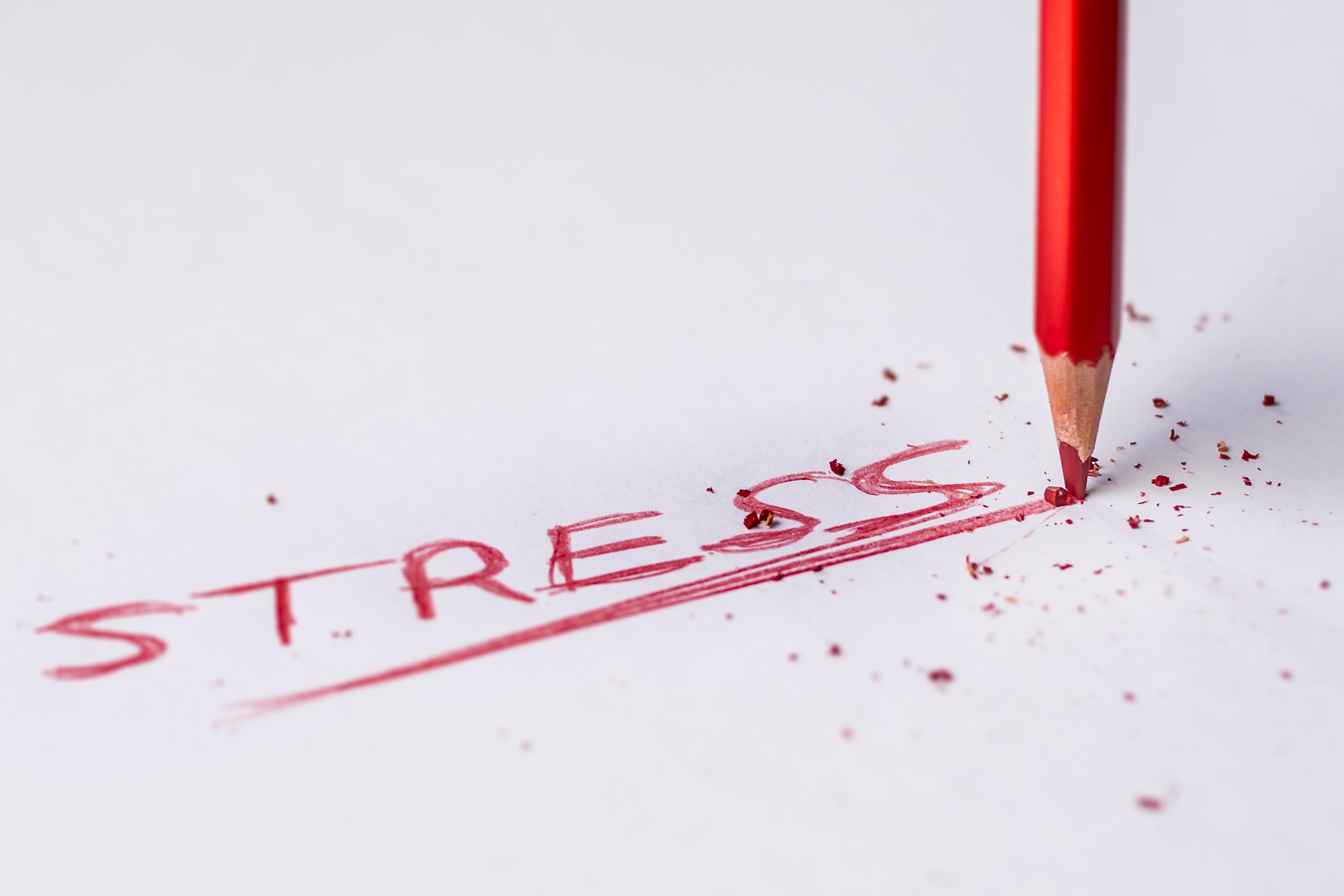Positive and negative effects of stress
Although research in occupational psychology has been dealing with health-related consequences of stress at work for decades, the topic has not lost any of its topicality. In particular, due to the growing compression of work tasks and the far-reaching changes due to digitalization, there is still a high level of interest in science and practice in gaining a deeper understanding of the conditions under which employees remain productive and healthy and under which they become ill.
We are investigating which factors of one's own work are associated with motivation, performance and well-being, and whether work stressors can also be associated with positive effects. One stressor whose positive effects we are already familiar with is time pressure at work, since completing work tasks when deadlines are tight or coping with a heavy workload is a challenge for us. The reason for this positive effect is that successful overcoming the time pressure helps us to achieve personally important and work-related goals, which promotes our experience of competence.
However, these positive effects are not found consistently in research. For example, in various health professions, we find that time pressure is not at all associated with positive consequences. Nurses and physicians, for example, find it unreasonable to have to work under high time pressure. In our studies, we want to find out under which conditions stressors such as time pressure show positive effects and under which circumstances they are merely an unnecessary burden for us.
Related Publications:
- Fila, M. J., Semmer, N. K., & Kern, M. (2023). When being intrinsically motivated makes you vulnerable: Illegitimate tasks, and their associations with strain, work satisfaction, and turnover intention. Occupational Health Science, 7(2), 189-217. https://doi.org/10.1007/s41542-022-00140-w
- Kern, M., Heissler, C., & Zapf, D. (2021). Social job stressors can foster employee well-being: Introducing the concept of social challenge stressors. Journal of Business and Psychology, 36(5), 771–792. https://doi.org/10.1007/s10869-020-09702-7
- Kern, M., & Ohly, S. (2020). Brauchen wir Zeitdruck vielleicht manchmal für echtes Engagement? Personal Quarterly, 72(3), 14-19.
- Kern, M., Semmer, N. K., & Baethge, A. (2023). Energized or Distressed by Time Pressure? The Role of Time Pressure Illegitimacy. European Journal of Work and Organizational Psychology, 32(4), 575–598. https://doi.org/10.1080/1359432X.2023.2198708
- Kern, M., Trumpold, K., & Zapf, D. (2021). Emotion work as a source of employee well- and ill-being: The moderating role of service interaction type. European Journal of Work and Organizational Psychology, 30(6), 850-871. https://doi.org/10.1080/1359432X.2021.1873771
- Kern, M., & Zapf, D. (2021). Ready for change? A longitudinal examination of challenge stressors in the context of organizational change. Journal of Occupational Health Psychology, 26(3), 204–223. https://doi.org/10.1037/ocp0000214
- Rigotti, T., Schilbach, M., & Kern, M. (2024). Sometimes here, sometimes there - Differential effects of social challenge and hindrance stressors depending on the work location. Frontiers in Organizational Psychology, 2. https://doi.org/10.3389/forgp.2024.1307311
- Zapf, D., Kern, M., Trumpold, K. & von Gilsa, L. (2019). Psychischer Stress am Arbeitsplatz und Gesundheit. In T. Porsch & B. Werdes (Hrsg.). Verwaltungspsychologie: Ein Lehrbuch für Studiengänge der öffentlichen Verwaltung (S. 239–266). Hogrefe.
